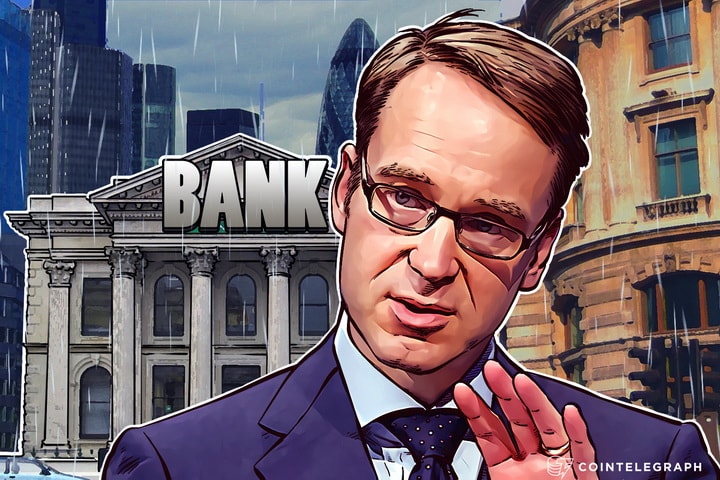First there was Brexit or No Brexit, now the key question to ask is whether there will be a hard or a soft Brexit. If the United Kingdom takes a hard stance on the movement of people and completely moves out of the European Union in any shape and form including the EEC, then the chances are that the British Banks will lose their so-called passporting rights.
Banking matters to Britain
Britain is the largest market for Euros outside of the common currency area. It is also a country that is dependent on its financial services industry for generating a large measure of its wealth. The UK’s Financial Times newspaper recently reported that the UK’s financial services sector has already shrunk 10 percent since the financial crisis. According to the City of London:
“UK-based financial and related professional services contributed 12% of UK GDP in 2014. Nearly 2.2 million people work in the industry across the country, two thirds of whom are outside London. Our industry employs 7% of the population and the productivity of these jobs is 67% above the UK average.”
Bundesbank President Sets A Cat among the Pigeons
UK’s post Brexit position is still unclear. The U.K. Prime Minister Theresa May has not yet triggered Article 50 and is unlikely to do so till the end of the year.
In the uncertainty of what will happen in a post Brexit Britain, banks are certainly right to fret. Banks including foreign banks in Britain can extend services to mainland Europe without hindrance due to current provisions in the European system.
In case Britain can’t maintain a place in in the EEC post Brexit, this may not longer be the case and the banks may require licenses to operate in each and every country of the EU.
Sunday in an interview to the Guardian the Bundesbank President Jens Weidmann made that point amply clear:
“Passporting rights are tied to the single market and would automatically cease to apply if Great Britain is no longer at least part of the European Economic Area (EEA).”
Soft or Hard Boiled Brexit
When Brexit referendum results came in, it was assumed by many that Britain would be able to reach some kind of deal with the EU and may even secure a place in the EEC. It is now increasingly clear that nothing is clear.
The conservative camp is split between those that want to maintain some sort of a relationship with the EU, that involves the free movement of people and those that will absolutely not hear of any such thing.
The free movement question is now locked with Britain’s passporting rights as far as the EU is concerned as Weidmann who is also a member of the governing council of the European Central Bank observed on the likely exodus of financial services from the UK post a hard Brexit:
“Of course several businesses will reconsider the location of their headquarters. As a significant financial centre and the seat of important regulatory and supervisory bodies, Frankfurt is attractive and will welcome newcomers. But I don’t expect a mass exodus from London to Frankfurt.”
Blockchain and Bitcoin will get hit
If we were to think that a hard Brexit will not affect the Blockchain and Bitcoin set-ups in the UK, we would come across as a bit foolhardy. Many of the companies that deal with Blockchain and Bitcoin are at a nascent stage and moving these businesses away from the UK is an expense and an effort that they can do without. As Marieke Flament of Circle told Forbes:
“The two main issues of the Brexit is the passportability of the e-money license throughout the EEA and access to talent. London is an amazing place to find people of all nationalities. The City is a hub dealing with many markets within and around Europe. On a daily basis, you can hear people speaking French, Spanish, or Russian. This diversity is now at risk.”


